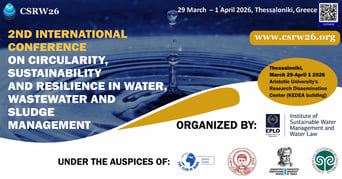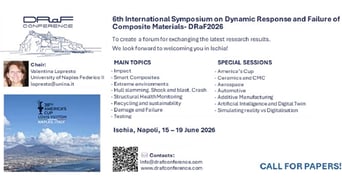- 4.9Impact Factor
- 9.7CiteScore
- 15 daysTime to First Decision
News & Conferences
Latest News & Announcements
Latest Conferences
Propose a Conference Collaboration
Promote and publicise your upcoming conference with MDPI.
All News & Conferences
News & Announcements
Welcoming New Early Career Editorial Members of Polymers
10 February 2026
News & Announcements
Acknowledgment to the Reviewers of Polymers in 2025
5 February 2026
News & Announcements
MDPI INSIGHTS: The CEO's Letter #31 - MDPI 30 Years, 500 Journals, UK Summit, Z-Forum Conference, APE
2 February 2026
News & Announcements
Meet Us at the TMS 2026 Annual Meeting & Exhibition, 15–19 March 2026, San Diego, California, USA
28 January 2026
News & Announcements
“Do Not Be Afraid of New Things”: Prof. Michele Parrinello on Scientific Curiosity and the Importance of Fundamental Research
22 January 2026
News & Announcements
Prof. Xin-Gao Gong Appointed Chair of the Michele Parrinello Award Committee
22 January 2026
News & Announcements
MDPI’s Newly Launched Journals in December 2025
9 January 2026
Partner Conference
Welcome to CSRW26—Advancing Circularity, Sustainability and Resilience in Water Management
29 March - 1 April 2026
News & Announcements
Meet Us at the 41st International Conference of the Polymer Processing Society (PPS-41), 31 May–4 June 2026, Paestum, Italy
24 December 2025
Partner Conference
6th International Symposium on Dynamic Response and Failure of Composite Materials
15 - 19 June 2026
News & Announcements
Polymers Editorial Board Member Meeting Successfully Held in Guangzhou, China
15 December 2025
of 30











